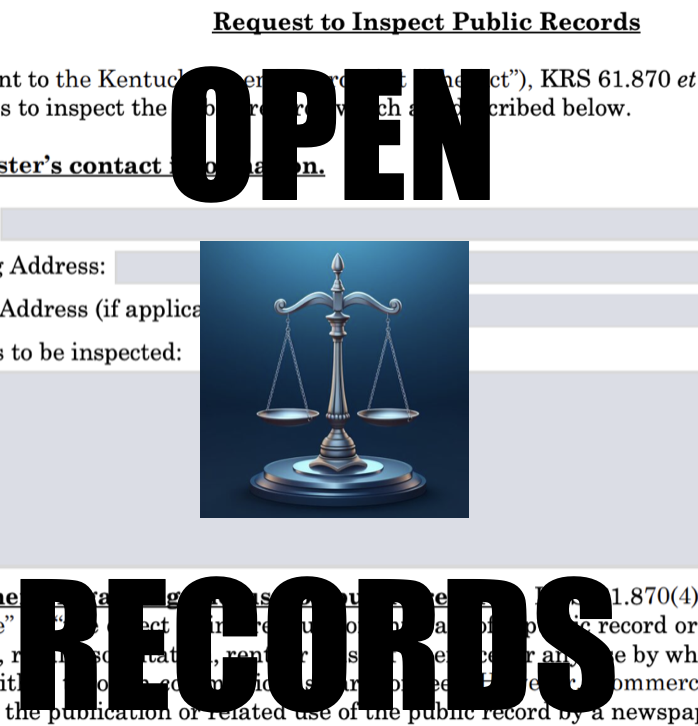As the 2015-2016 flu season begins locally, the Northern Kentucky Health Department is encouraging all residents age 6 months and older to take three steps to protect themselves from serious complications from influenza.
Residents are advised to get vaccinated, practice common preventive measures such as hand washing, and if ill, take anti-viral medications.

“From year-to-year, one thing is certain about flu—it’s unpredictable,” said Lynne M. Saddler, MD, MPH, District Director of Health. “Whether it’s a difficult flu season, like last year, or a mild season, we know that being vaccinated against the flu is the best way to protect you and others against the virus. Vaccination can reduce flu illnesses, doctors’ visits, and missed work and school, as well as prevent hospitalizations.”
Options for flu vaccine continue to increase, both in the types of vaccine offered and locations at which to receive it, including businesses, retail stores, doctors’ offices and at the Health Department. Plus, as part of the Affordable Care Act, immunizations, including flu, are covered as preventive care, meaning that many people can get vaccinated for little to no cost for the vaccine.
The Health Department is offering flu vaccine by appointment at its four county health centers, listed below. The Health Department will offer the quadrivalent vaccine, which protects against four strains of the flu virus.
· Boone County Health Center, 7505 Burlington Pike, Florence, Ky., 859.363.2060
· Campbell County Health Center, 1098 Monmouth St., Newport, Ky., 859.431.1704
· Grant County Health Center, 234 Barnes Road, Williamstown, Ky., 859.824.5074
· Kenton County Health Center, 2002 Madison Ave., Covington, Ky., 859.431.3345
Cost is $20, but no one will be turned away for inability to pay. The cost of flu vaccine is covered by Medicaid and the federal program, Vaccine for Children, for those who are eligible.
The Health Department will vaccinate anyone who wishes to receive it, but individuals with private insurance may want to consider getting vaccinated by another provider, as the Health Department does not directly bill private insurance plans.
Flu vaccines cause antibodies to develop in the body about two weeks after they are administered. These antibodies provide protection against infection with the viruses that are in the vaccine.
An annual flu vaccine is important as the strains covered in the vaccine change from year-to-year, and a person’s immunity from vaccination can decline over time. A vaccine each year boosts that immunity back up, and provides the best possible protection. Based on early season tracking, viruses circulating so far this season are a match to the vaccine.
“Protection from flu doesn’t stop with vaccination,” said Saddler. “Everyday measures to prevent the spread of disease are also important. This includes things like washing hands often with soap and water; covering your nose and mouth with a tissue when you cough or sneeze; avoiding people who are sick when possible, and staying home when you are sick. If you do become ill with symptoms of flu, including fever and fatigue, contact your health care provider to see if it is appropriate to use anti-viral medications, as theses have been shown to limit severe complications from flu.”
Influenza is a serious disease that results in tens of thousands of deaths and hundreds of thousands of hospitalizations every year. During the 2014-2015 flu season, more than 3,200 cases were reported in Northern Kentucky, and five deaths were attributed to complications from the flu.
The classic symptoms include sudden onset of chills, fever, headache, muscle aches, sore throat, dry cough and extreme fatigue. Children who develop flu symptoms should not be treated with aspirin, as it can lead to Reye’s Syndrome.
For more information on the flu, click here .
Northern Kentucky Health Department

















